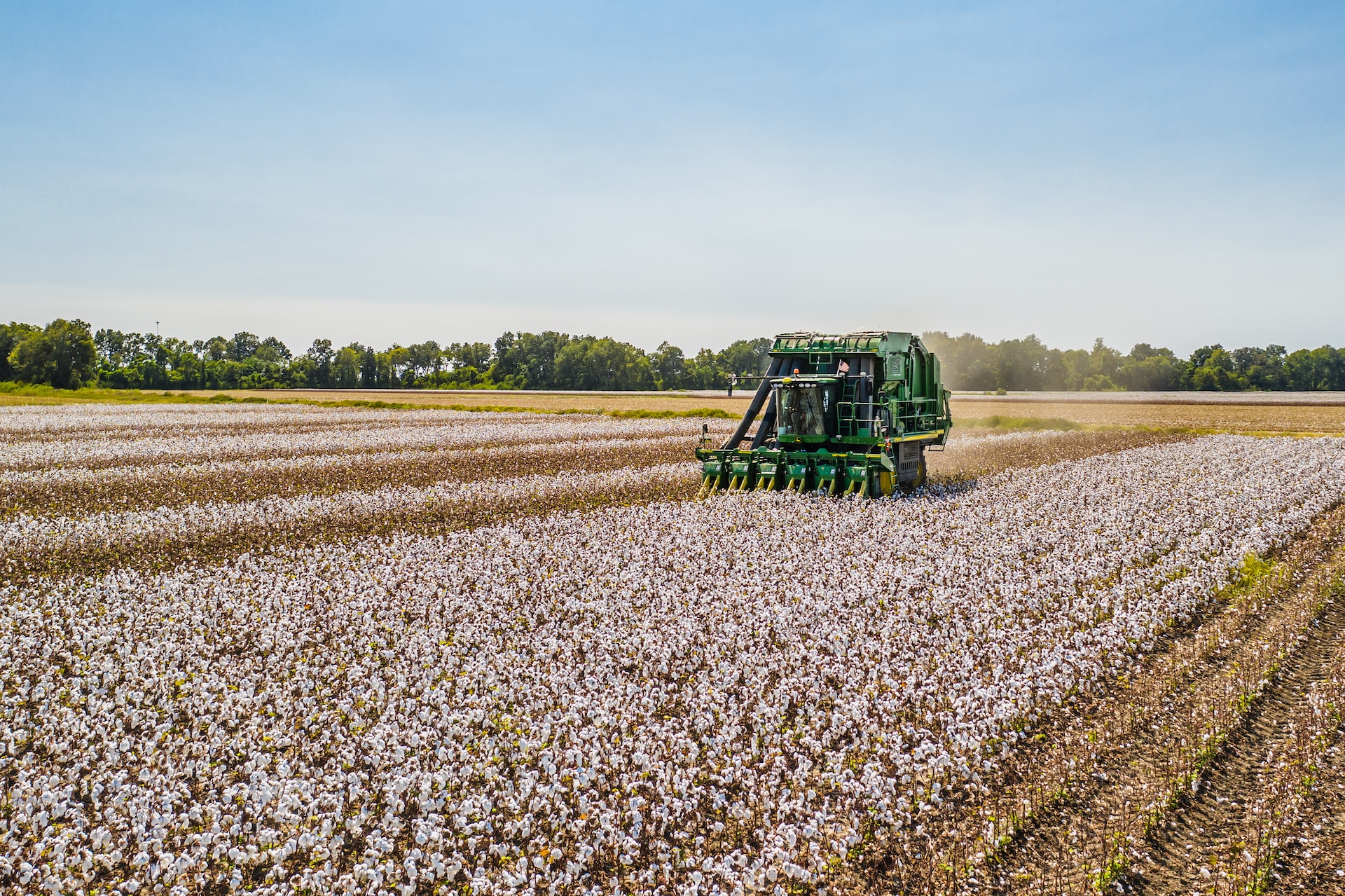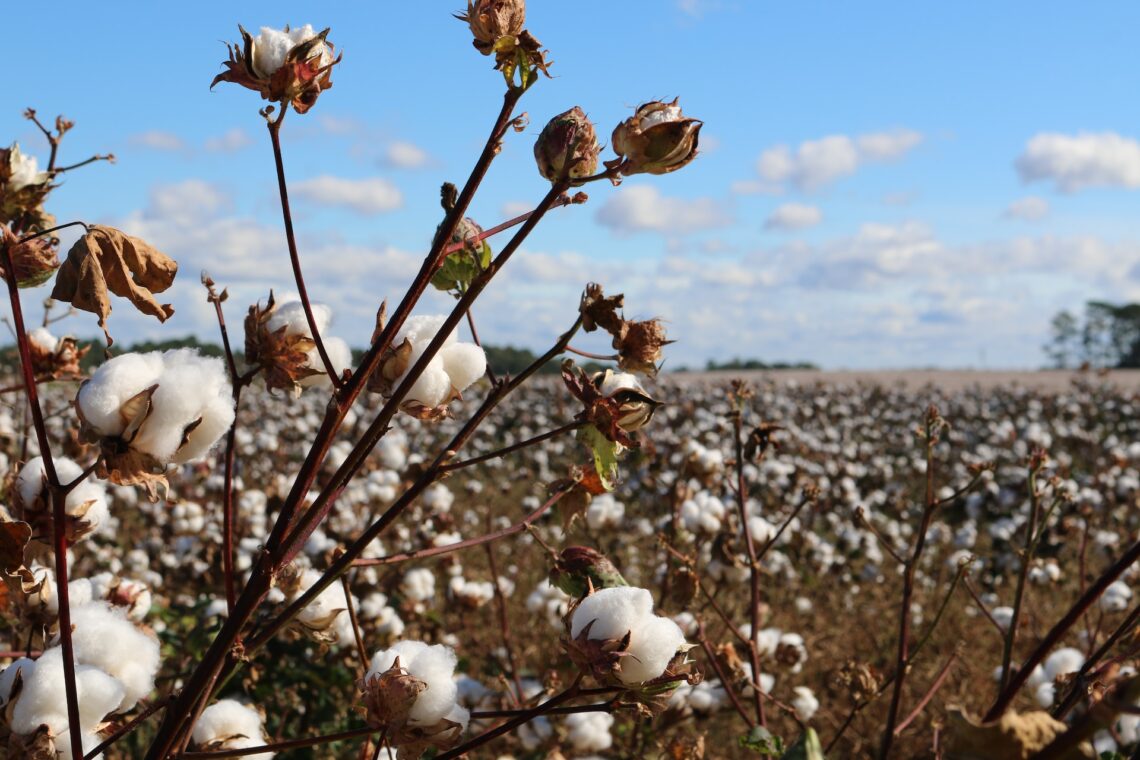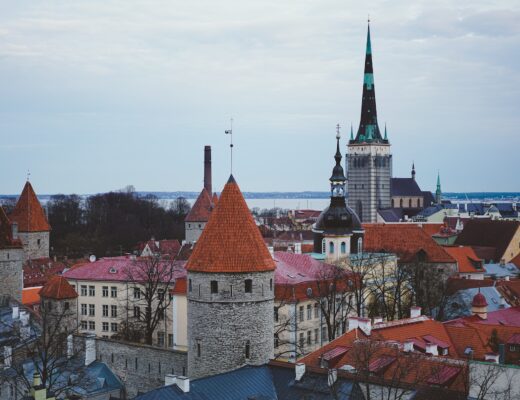The country has resumed large-scale cotton production
Israel is one country that produces various products that cover a large share of the population’s needs. Moreover, the agricultural industry here is regularly adjusted to ensure its efficiency. A prime example is cotton production. Early in its history, Israel actively cultivated the crop, but over time, it has switched to other more profitable plants for the local economy. Now, farmers are turning their attention back to cotton. According to official figures, the number of crop producers tripled in 2022. Also, during this period, the area under cotton cultivation increased by 300% compared to the previous figures.
Analysts say that cotton production has decreased in the country for almost 25 years. The main reason for the decline was the high water tariffs, which could not be compensated by the cheapness of production in the world market. However, in 2022 the situation changed: cotton prices, as did demand, began to rise. This did not go unnoticed by the Israeli farmers, who decided to restart production. As a result, the acreage sown has increased. For example, in 2021, cotton was grown in an area of 27 thousand dunams. In 2022 this figure rose to 84 thousand, and in 2023 it reached 90 thousand dunams. In addition to the cultivated area, producers increased from 39 to 93 farms and private farmers. As a result, while 5,000 tonnes of cotton were harvested in 2021, the figure for 2022 is 17,000 tonnes. Local experts cite rising global prices as the main factor behind the strong crop production development, stimulating demand. Recently, there has been a renewed interest in cotton products and a decline in the demand for products made from synthetic materials. For example, for three years, the cost of 1 lira of cotton was 1.5 dollars, but at the beginning of 2023, it rose to 3.4 dollars.
Local experts cite rising global prices as the main factor behind the strong crop production development, stimulating demand. Recently, there has been a renewed interest in cotton products and a decline in the demand for products made from synthetic materials. For example, for three years, the cost of 1 lira of cotton was 1.5 dollars, but at the beginning of 2023, it rose to 3.4 dollars.
The decline in income from other crops, such as peas and sunflowers, also plays an essential role in increasing cotton production in Israel. Their value is falling, making it unprofitable for local farmers to grow them. Moreover, Israeli cotton is highly valued on the global market for its quality. It is exported to countries with developed textile industries, such as India and Turkey.
Cotton cultivation starts in Israel in March, and harvesting occurs in August and September. The crop ripens almost simultaneously on all crops, so harvesting the entire field in one go is possible. This optimizes the use of agricultural machinery.










